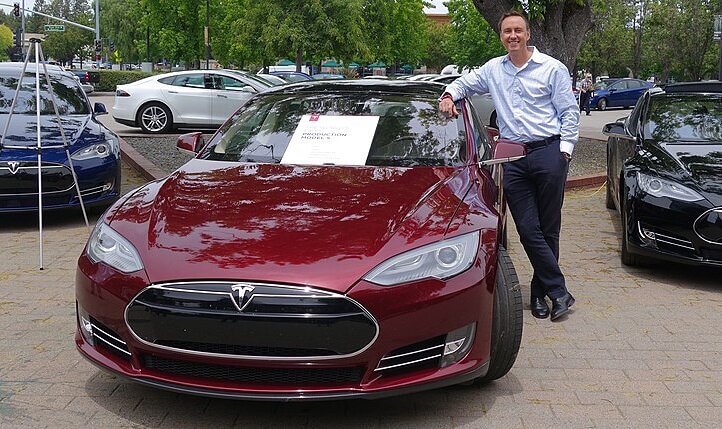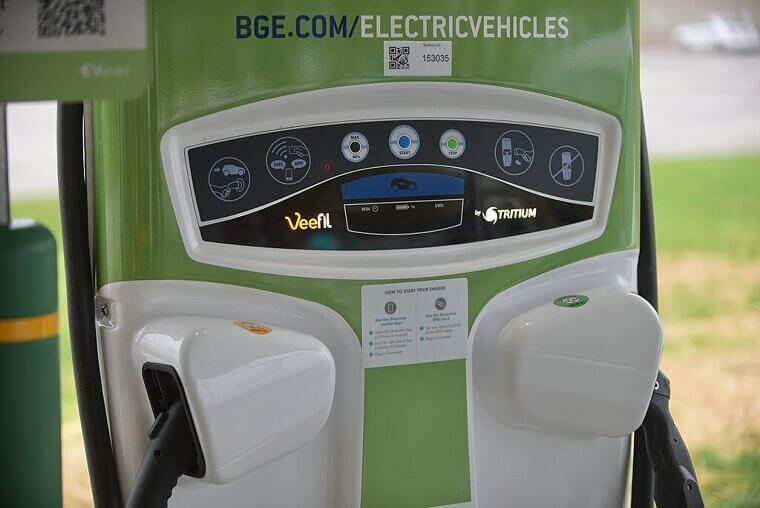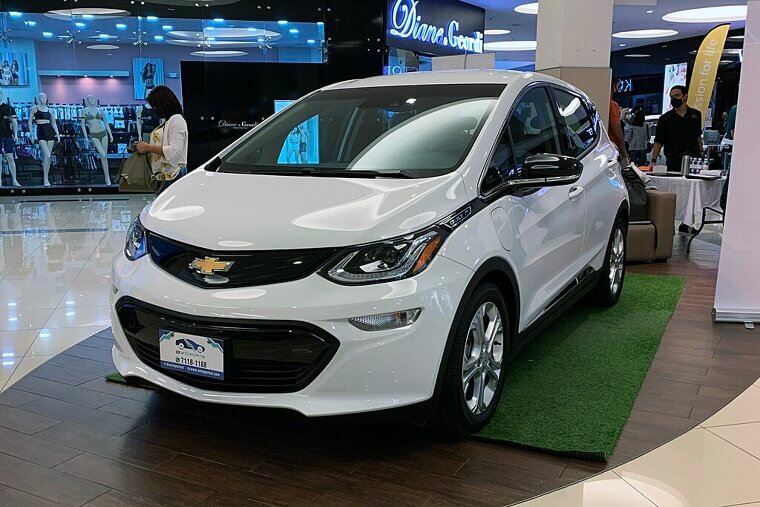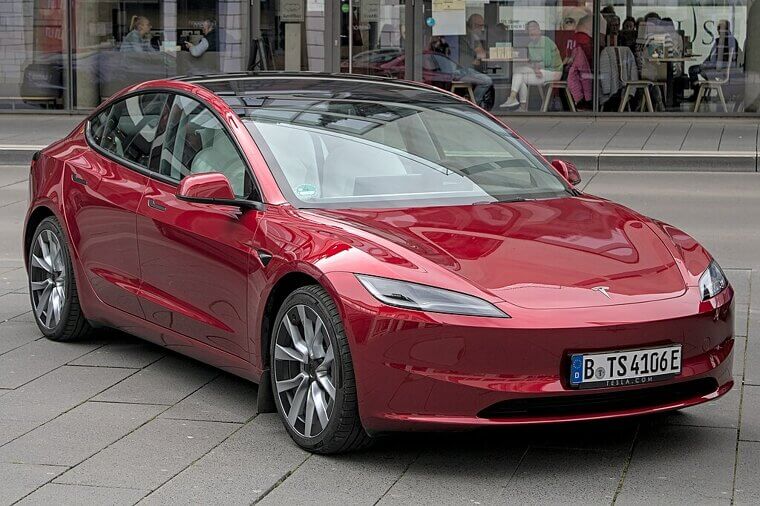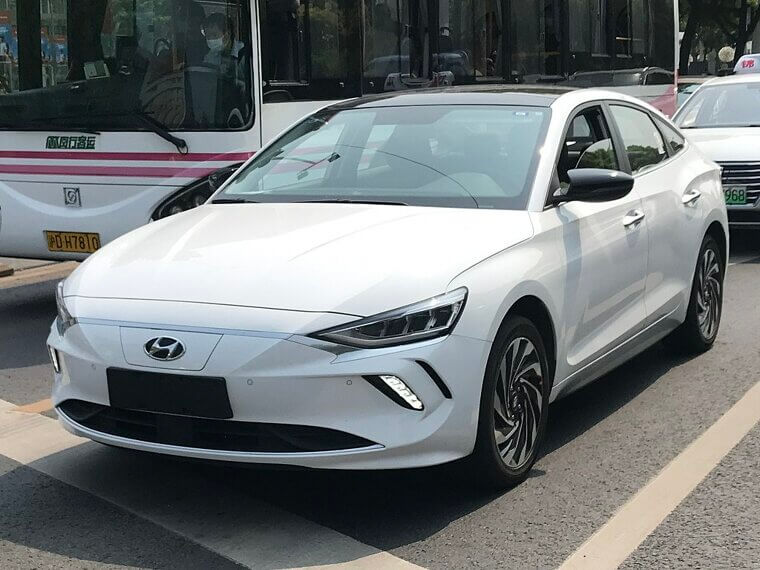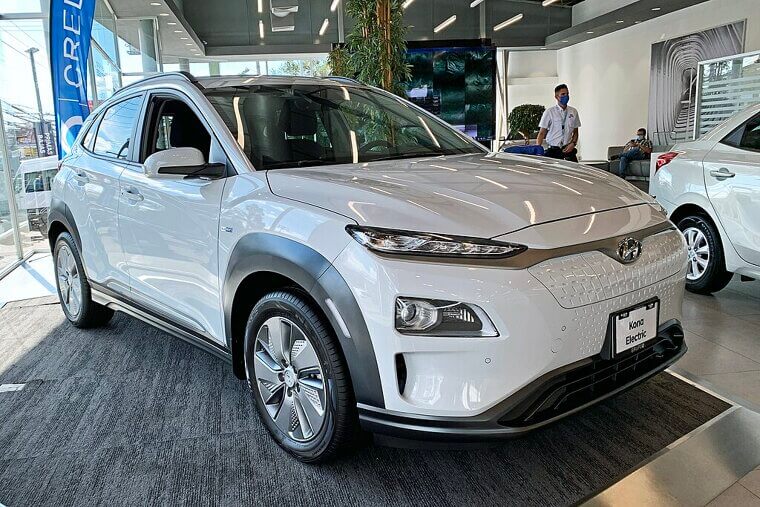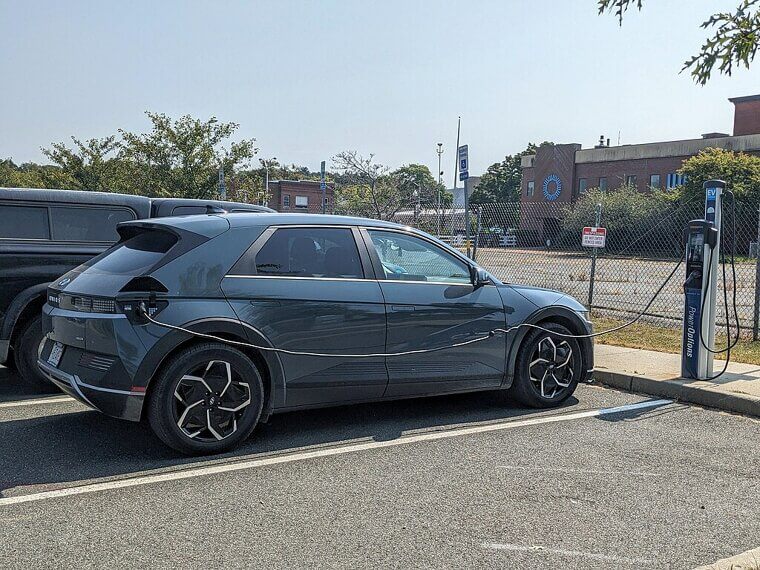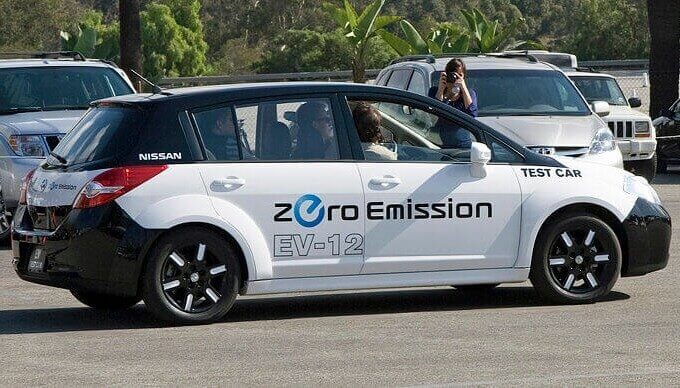EV Ownership After 10 Years: Worth the Switch?
The rise of electric vehicles (EVs) has caused tremors in the vehicular market since their inception, and they’re quickly growing in popularity. The real question is, are EVs currently as cost-effective as they seem? To answer that, let’s look at a comparison with gas cars over the past 10 years. With that in mind, we’ll look at the total cost of ownership (TCO). It’s not just the price tag that influences this; many other factors contribute, including fuel vs electricity cost, maintenance expenses, depreciation costs, insurance costs and tax incentives/road tax costs.
2015–2017 — EVs Hit the Road
Let’s start at what seems like a lifetime ago in car terms: 2015, when EVs began rolling out. They were still niche back then and prices were sky high, but as you might expect, Tesla led the charge. The promise was there, but people still doubted early models such as the Model S.
EV Limitations
EV Infrastructure was limited, and ranged anxiety was at an all-time high. That’s partly what made gas vehicles kings of the road; they were known quantities, predictable and reliable. They also cost much less to buy!
2018–2020 — Narrowing the Gap
A year or two can make a lot of difference in technology. In just a short time, the market saw new EV arrivals in the form of the Chevy Bolt and Model 3, and it wasn't just the variety that changed, either - the government was helping to make EVs more attractive.
Promising Futures
Governments rolled out incentives such as tax credits to catch drivers’ eyes, and suddenly EVs were looking like a valid alternative. The tides of TCO started shifting, and electric cars were competing with gas vehicles in price - particularly for city drivers.
2021–2023 — EVs Take the Lead
Just like the fable of the tortoise and the hare, EVs began to overtake gas vehicles in most TCO segments. An expanded charging infrastructure helped to accommodate the change, but other shifts caused significant progress. Maintenance savings piled up, for example, and EV resale values were much more competitive.
Cost-Cutting
Perhaps the biggest selling point for EVs was the amount that drivers could save on fuel. Gas vehicles cost an approximate $1,209 annually to top up with fuel, while the charging cost of electric vehicles was a mere $174 on average! Obviously, the savings are huge.
2024–2025 — The Tipping Point
In the modern era, EVs aren’t just competitive - they’re actually cheaper to own, at least over the long term, and they’re catching up with traditional gas vehicles in other ways, too. More EVs are in production so there’s a greater variety, and their insurance costs are going down.
Going Green
As for EV resale values, they’ve never been better! They’ve gone from a quirky humble brag about how you’re saving the planet to a very real possibility that going green will do just that - and save you money at the same time!
What Actually Drives the Costs?
Among the TCO factors, fuel vs charging costs is the big one, and considering how the latter keep dropping, it’s the best argument for owning an EV. It’s not the only one, though! Electric vehicles also have less moving parts, which drastically reduces maintenance costs.
From the World to Your Wallet
EVs are more economically sound than ever before, and while tax incentives and such are slowly phasing out as the electric vehicles get more popular, driver savings over gas vehicles are nevertheless significant. As of 2025, the future’s looking more electric than ever, saving the world and your wallet in one fell swoop!


